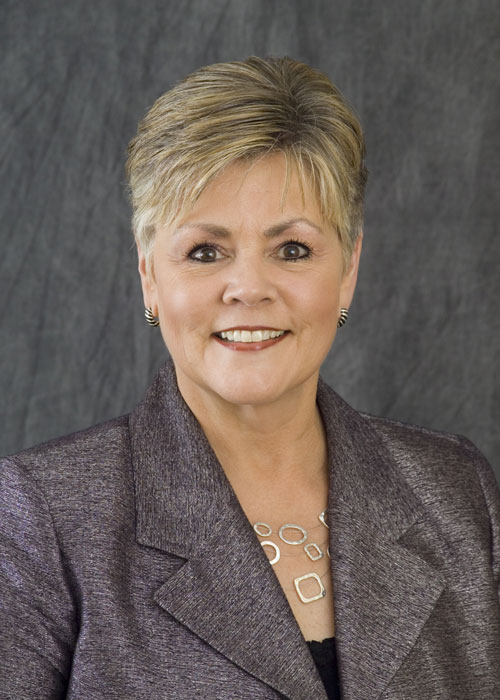
NMC President & CEO
Families gather at Thanksgiving. At our house, we cook traditional family cuisine, play games, talk, and watch parades and football. It’s all great fun. But I’m going to suggest an unpleasant addition to your agenda for the upcoming holiday weekend.
Are you the adult child of living parents? Have you had The Talk with your folks? Everyone knows what the difficult pre-adolescent talk is but I’ll guarantee THAT talk was much easier than what I’m about to suggest.
I’m referring to The Talk where the adult child says to Mom and Dad, “What would you have me do if you got sick and couldn’t advocate for yourself, care for yourself, manage your personal affairs any longer, or live at home? Have you thought about your wishes? How can I best help you if the unexpected occurs? I love you.”
In my line of work, we very frequently see what happens when individuals or couples pretend that infirmity, illness, or death aren’t options. Or that debilitating, life-changing accidents never happen. We’re all adults; we know that life turns on a dime.
A woman I know in her late 50s confided, “When the time is right, I’ll set my plans.” Note to self: the time is “now” because if we wait until the time is “right” it’s often already “too late.”
It’s unpleasant to consider one’s demise. But it’s worse for children, even adult children, to be forced to initiate this important conversation. Think of it: children have lived under parental authority all their lives. It’s difficult to turn the tables, especially when Dad and Mom don’t seem particularly open to the conversation. It feels disrespectful, so they often avoid the confrontation and continue to do their own pretending.
Make no mistake about it. If families and individuals fail to plan for the expected (old age) or unexpected (accidents, illness), society has created safety nets. They can be effective and often laborious, but are not nearly as efficient or loving as what caring authorized families can provide.
Ask any healthcare professional about the incredible pain
and uncertainty families feel when they are forced to make decisions during
crises.
An acute illness, accident, confirmation of dementia, or other event turns into a crisis, causing the angst of trying to second-guess what Mom or Dad would have wanted in this situation. Invariably there is one sibling that can’t come to terms with the family’s decision. Unless parents have made their wishes known in advance, that sibling has an important voice even if it is the voice of dissent against all the others. It’s awful for everyone, including the healthcare professionals.
The other thing that happens is a lifetime of hidden secrets,
bickering, and family dysfunctions boil to the surface for the world to see. So,
having The Talk in advance in the privacy of someone’s home might help keep
family business within the family. Suffice
it to say, crises don’t tend to promote family harmony.
The other advice I can offer is to talk until everybody is on the same page. It helps deter rogue sibling syndrome, which is when one sibling tries to push an agenda against the other aligned siblings. And most importantly, get it all in writing. Get a structured Will and Durable Power of Attorney. Get healthcare documents such as Living Will and Durable Power of Attorney for Healthcare Decisions put into place as soon as possible. Then communicate it in writing to family, physician and local hospital as appropriate.
Family gathering times are times when adult children can face their own dread by asking, “What would you have me do if. . . ?” You can download a free step-by-step Caring Conversations Workbook from the Center for Practical Bioethics (www.practicalbioethics.org) or the Honoring Choices® Thanksgiving Campaign. Either would be a good place to start, even if you can’t work up the courage to do it until Easter. Good luck.


